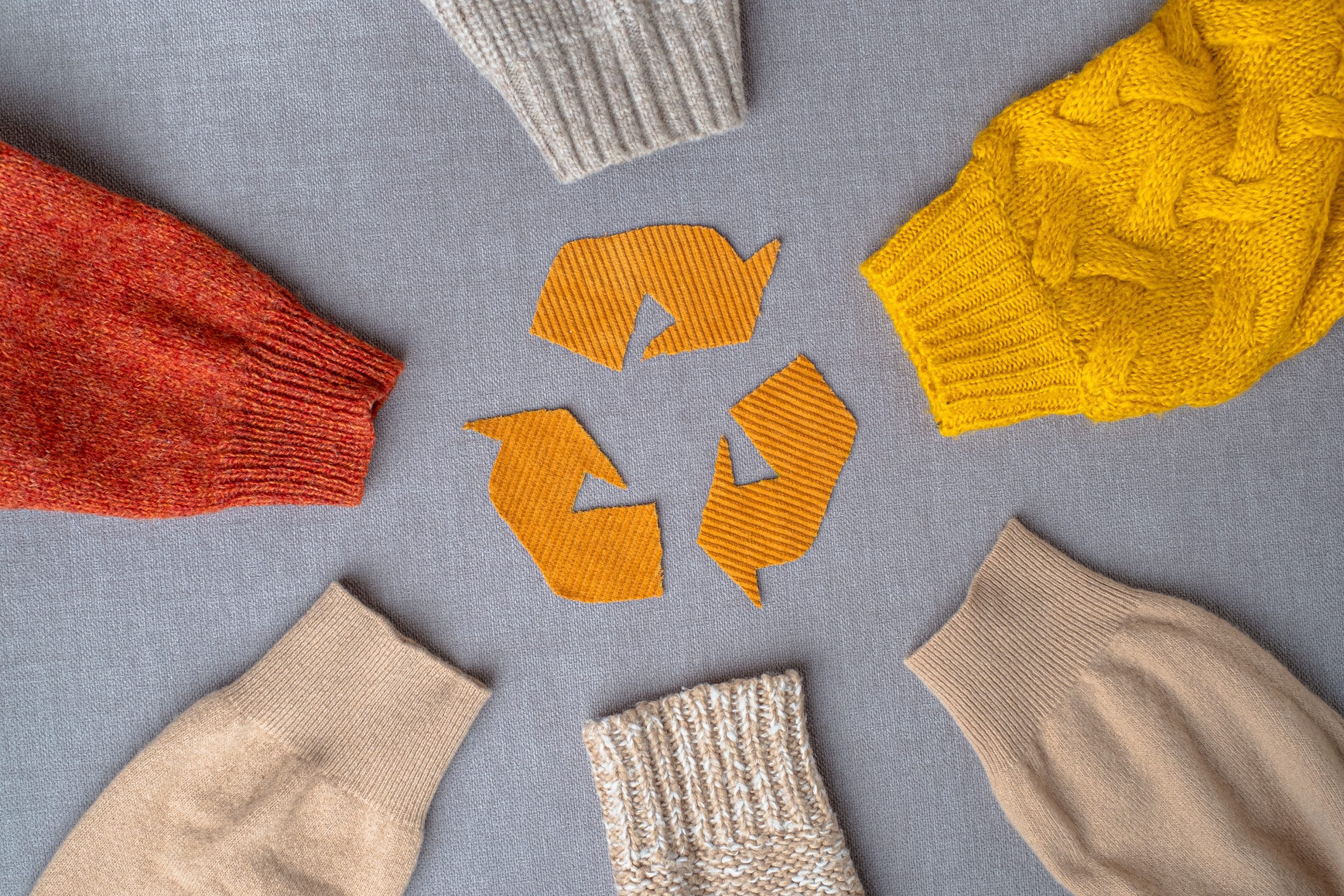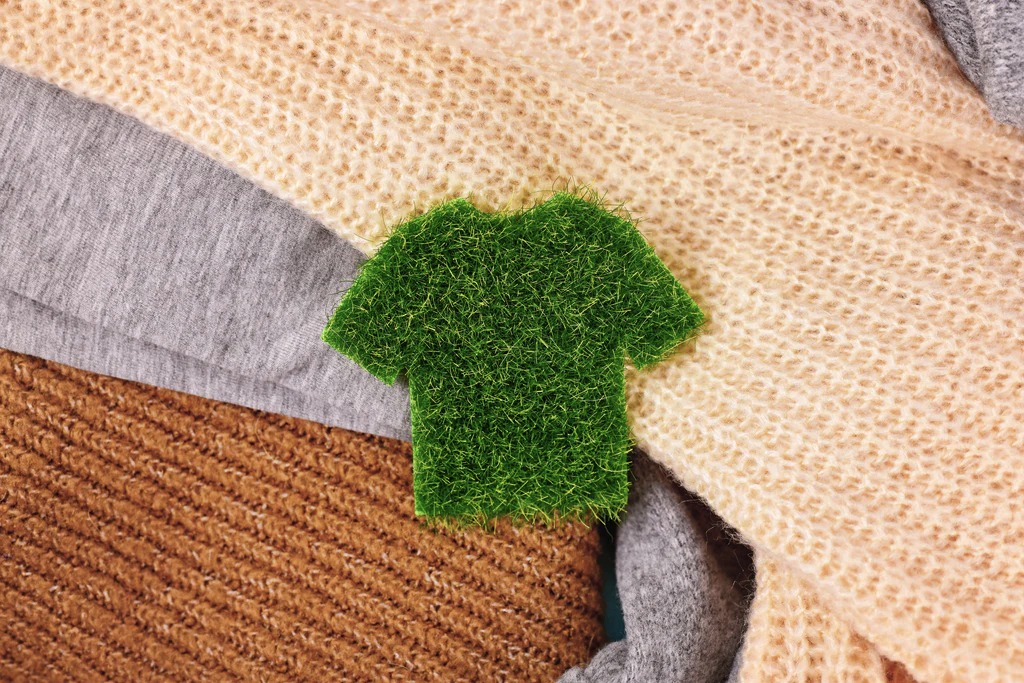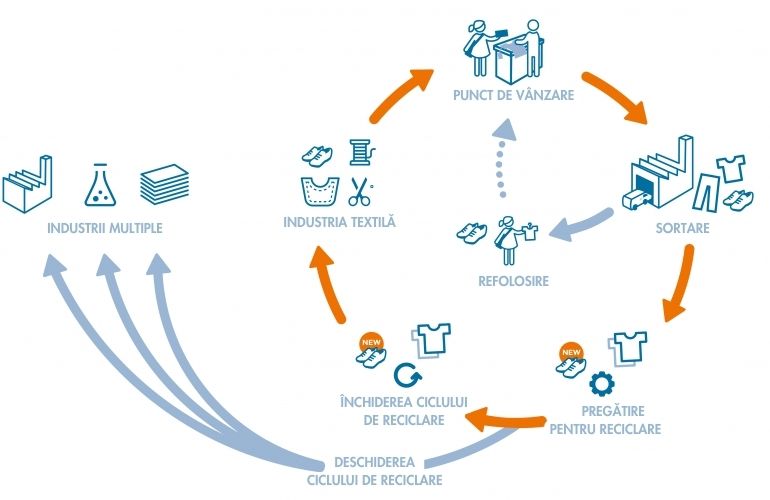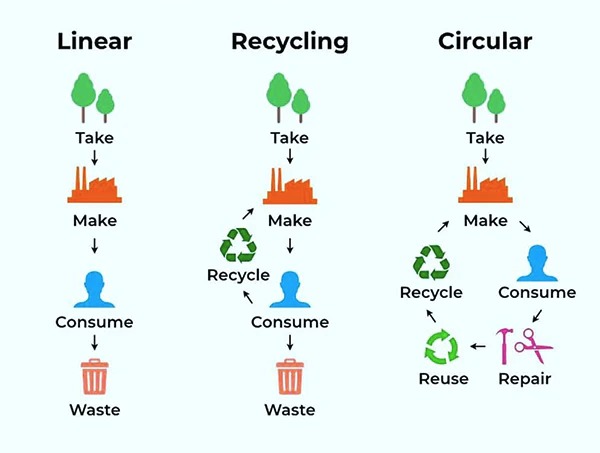ARETEX in figures:
active members
members turnover
experts
jobs
in a circular economy framework
Between Need and Government Support
In Romania, although there are textile collection centers for recycling, they are insufficient compared to the identified need. At the national level there are no transfer of responsibility organizations (RTOs) for the textile industry and no specific regulations on textile waste. The number of organizations collecting textile waste is very small and most of this waste is taken to cement factories for co-incineration.
At the same time, we can also consider the following influencing factors on the need and potential of the action to prepare for reuse and recycling of textile waste:
- 95% of textile waste can be reused, recovered or recycled
- Clothing and textiles industry third biggest polluter in the world
- A middle-income person buys 60% more clothes than 15 years ago, and 15 years ago clothes were kept for twice as long as today
- Through specialized recycling techniques, textiles can be easily transformed into ideal elements for future garments, depending on the nature of the material and the degree of wear and tear
- Textiles don't degrade easily in landfill due to the lack of sunlight and oxygen, and their incineration pollutes the air
- Producing a ton of clothes uses 10 times more energy than producing a ton of steel or glass
- By reusing fibers and textiles, new raw materials such as cotton, wool or synthetic fibers are no longer consumed. This avoids energy consumption and pollution during manufacturing processes such as dyeing, washing and cleaning.
The textile industry has a significant impact on the environment through various operations, mainly through its intensive water and energy consumption. From the growing need to reduce our dependence on natural resources, the transition to recovered fibers becomes imperative. Romania is at an important moment, when it has to adopt a strategic stance towards major challenges and opportunities and has to make the most of favorable global and European trends as well as its own competitive advantages.
According to data provided by the Ministry of Environment, about 250,000 tons of textile waste are generated annually in Romania. However, only about 15% of textile waste is currently collected and recycled in the country.
These figures highlight the significant discrepancy between the amount of used and abandoned textiles and current collection and recycling efforts. In the absence of substantial support from the authorities, many companies are forced to incur additional costs to implement textile waste collection and recycling schemes. This may affect their competitiveness in the market and slow down progress towards more sustainable textile management.
In addition, the lack of clear subsidy or tax incentive policies for companies investing in textile recycling technologies and infrastructure may undermine their efforts. Without a favorable legislative and fiscal framework, many companies may be reluctant to invest in sustainable textile waste management solutions.
In this context, it is clear that there is an acute need for legislative reforms and government policies to support and promote the reuse and recycling of textiles in Romania. This could also include the development of public-private partnerships to improve the infrastructure for reuse and recycling of textiles and to educate and raise public awareness of the importance of reuse and recycling.




